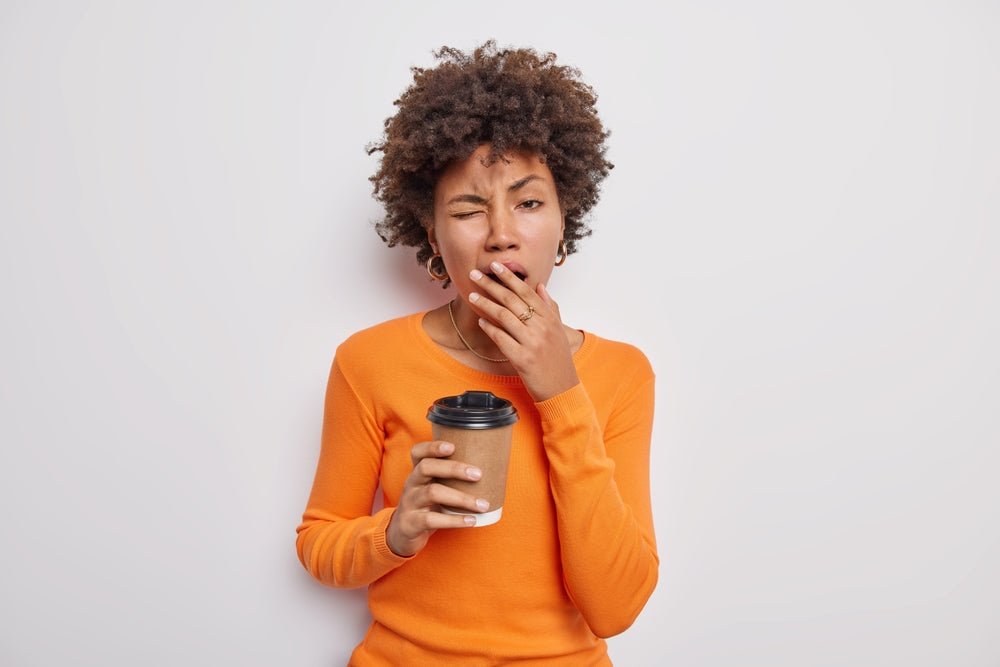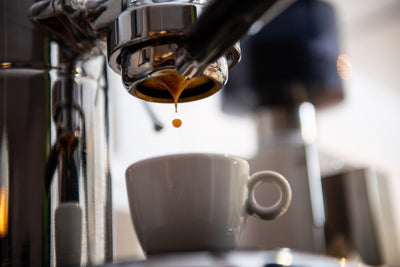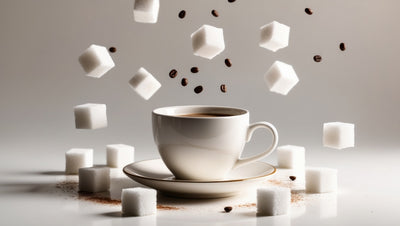
Do You Feel Tired After Drinking Coffee?
OK, we know what most of you will be thinking. Caffeinated coffee keeps you awake. It doesn’t send you to sleep, right?
Well, you might be surprised to hear that reactions to coffee vary and some people do feel sleepy after drinking it.
Most of the time we drink coffee because we love it. But many of us will have attempted to use coffee to stay awake on at least a few occasions in our lives. Perhaps when we were revising for exams or working late.
Many of us will have treated ourselves to an evening coffee only to regret the indulgence when we have found ourselves feeling wide awake at the most inconvenient moment.
You might be thinking that feeling sleepy after coffee would be a bonus. After all, that would bring late night coffees into the mix when you would otherwise avoid them. But if you regularly use coffee to remain alert, feeling tired would be a major issue.
Why do some people feel tired after drinking coffee?
There are several reasons why a minority of people have what appears to be a strange reaction to their beverages:
Caffeine tolerance
Adenosine is a chemical in the brain that impacts the sleep-wake cycle. Adenosine levels increase during waking hours and decrease when we are sleeping.
Adenosine molecules bind to special receptors in the brain and this process slows down brain activity in preparation for sleep. However, caffeine binds to adenosine receptors to stop that process. This is why most people feel more awake after drinking coffee.
But heavy drinkers of coffee may develop a tolerance to caffeine. Since caffeine blocks adenosine receptors, the bodies of those who have developed a tolerance might produce more adenosine receptors to counteract the effects of frequent caffeine consumption. So, when the caffeine has been metabolised, those people will suddenly feel tired because there are more adenosine receptors active in their brains.
Metabolic rate
People metabolise caffeine at different rates. It could be that those who feel tired after consuming coffee become fatigued because they are caffeine tolerant but also because they metabolise caffeine quickly.
The rate at which you metabolise caffeine is dependent on which type of the liver enzyme CYP1A2 that you happen to have. This enzyme affects how sensitive your body is to caffeine.
High blood sugar
Coffee’s impact on blood sugar has been the subject of much research. It is also a matter of controversy. It is generally accepted that certain compounds in coffee help to improve glucose metabolism and so reduce the risk of diabetes. However, some studies have suggested that this helpful aspect of coffee drinking may be negated by caffeine.
A 2016 study found that caffeine increases blood sugar levels because it reduces insulin sensitivity. Raised blood sugar levels can cause headaches, concentration issues, increased thirst and fatigue. This could explain why some people feel tired after drinking coffee.
Dehydration
Caffeine is a diuretic, which means it increases urine production. This situation can lead to dehydration, which could make you feel tired. It is best to drink a glass of water before consuming coffee.
Italians traditionally serve a glass of water with coffee, but this is to cleanse the palate before drinking the coffee to ensure that the taste of the coffee can be fully appreciated. It turns out that there could be more than one reason to drink that water.
Anxiety
Caffeine can trigger anxiety in some people, which may then lead to fatigue. Anxiety causes your body to release adrenaline and when that adrenaline rush wears off, it leaves you feeling drained. Muscle tension is another side-effect of anxiety, and that tension also contributes to fatigue because your body is simply working harder.
Sugar crash
If you take plenty of sugar with your coffee, this could be why you feel tired after your drinks. The sugar will lead to a spike in your blood sugar level which will be followed by a crash and that will leave you feeling tired. Try sweetening your drinks with stevia to avoid a sugar crash.
Conclusions
Does coffee help you stay awake, or does it send you to sleep?
For most people, drinking coffee remains an effective way to stay alert so long as it doesn’t become a habit. But for some, coffee appears to have the opposite effect. If you feel tired after drinking coffee it would be worth experimenting with your drinks to find out why.
Try drinking a glass of water before or with your coffee and reduce the amount of sugar in your beverages. If these easy solutions fail to work, it could be that you have a fast-acting liver enzyme or that caffeine just doesn’t agree with you. Decaffeinated coffee could be the only way forward.



Leave a comment